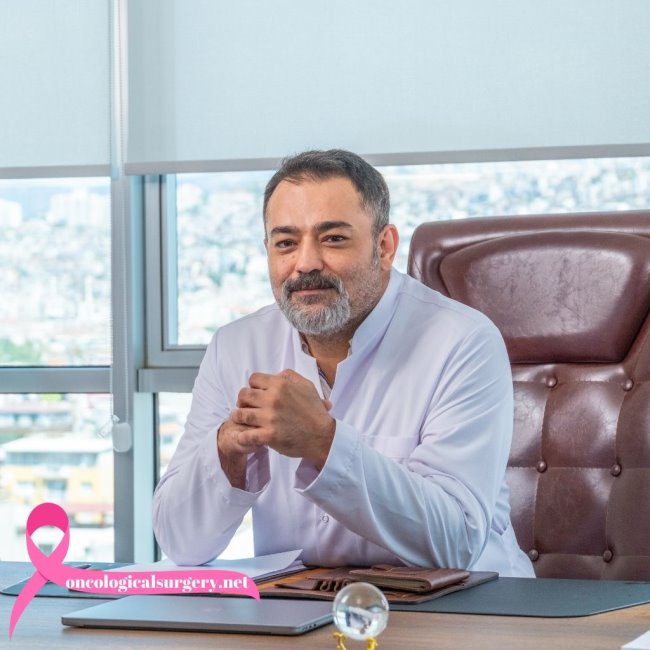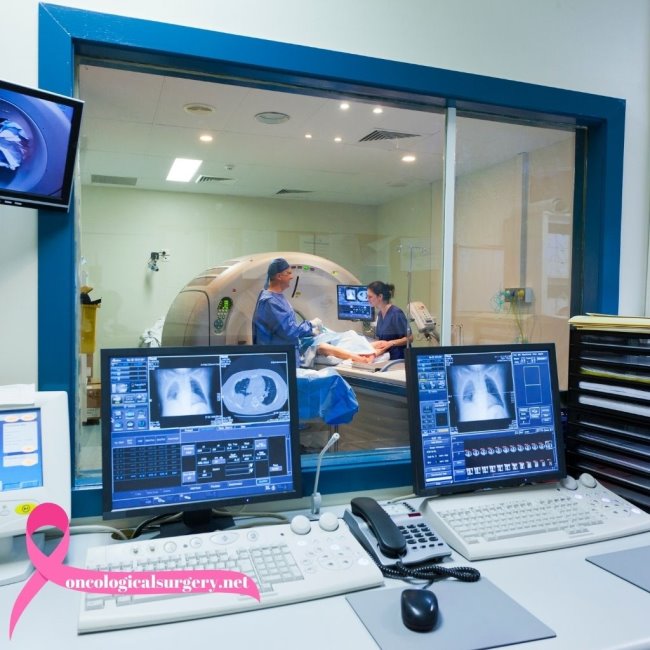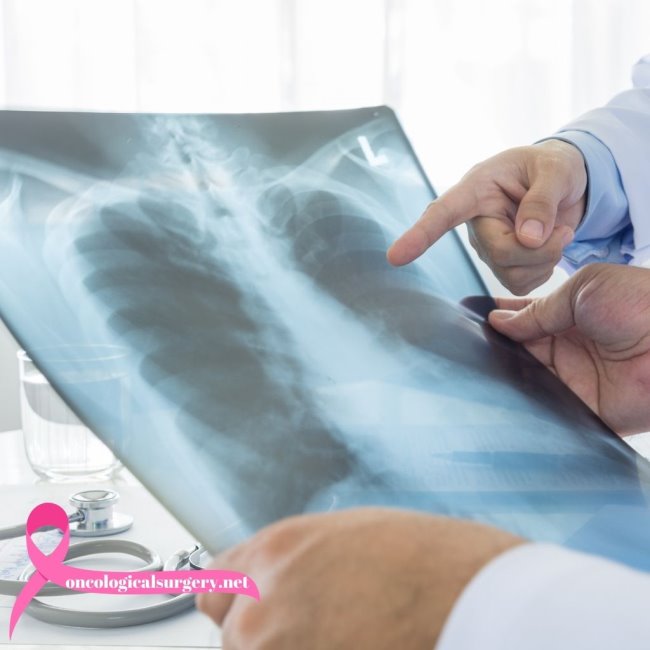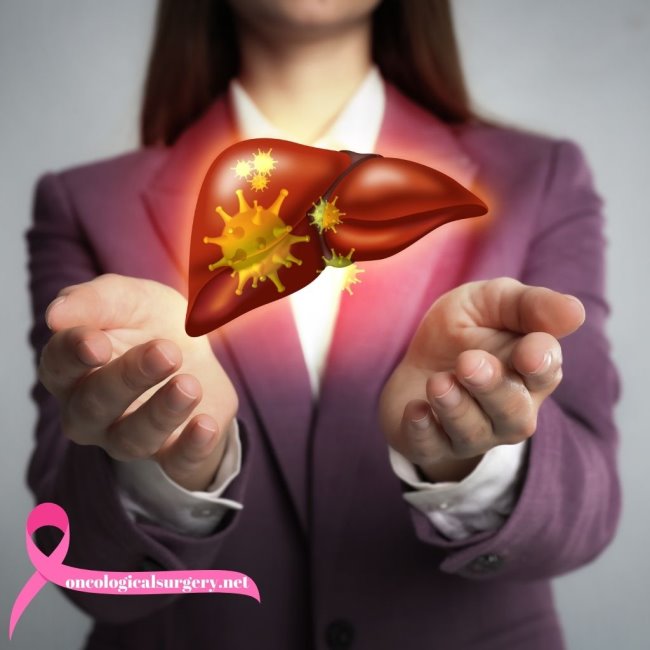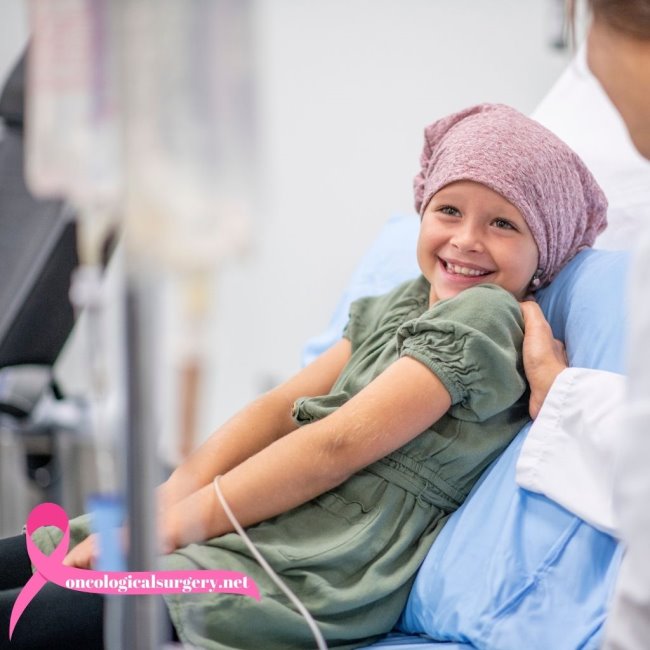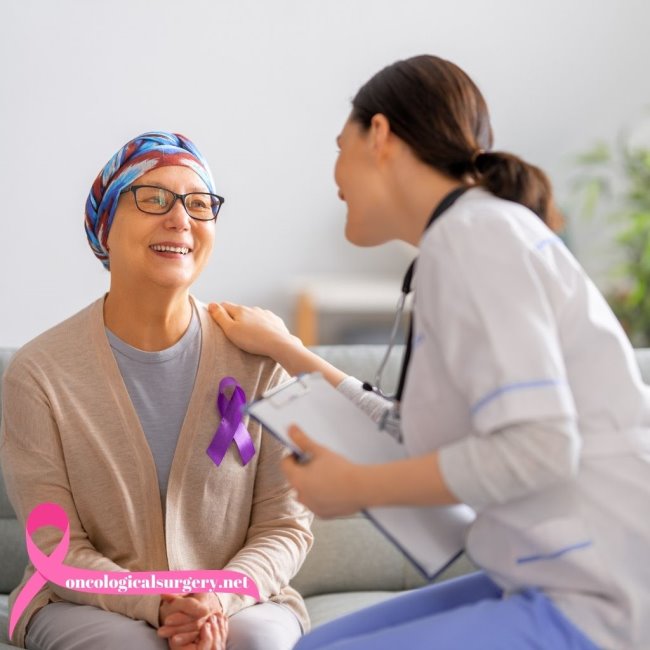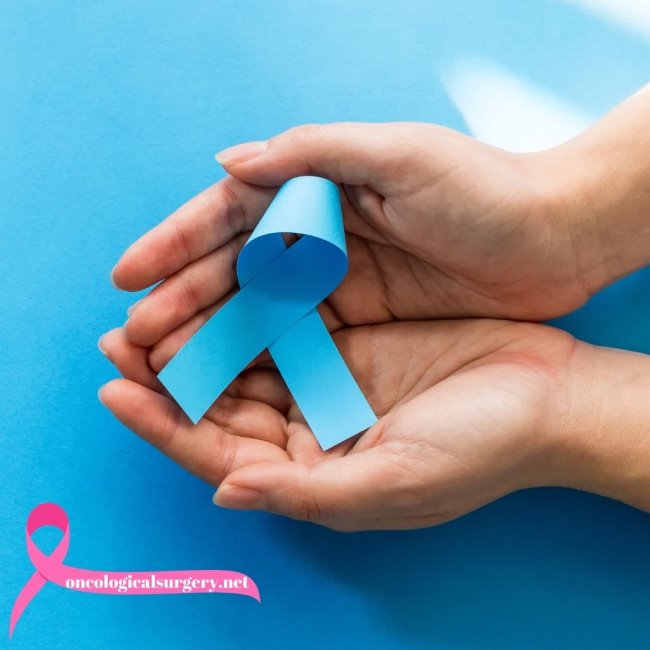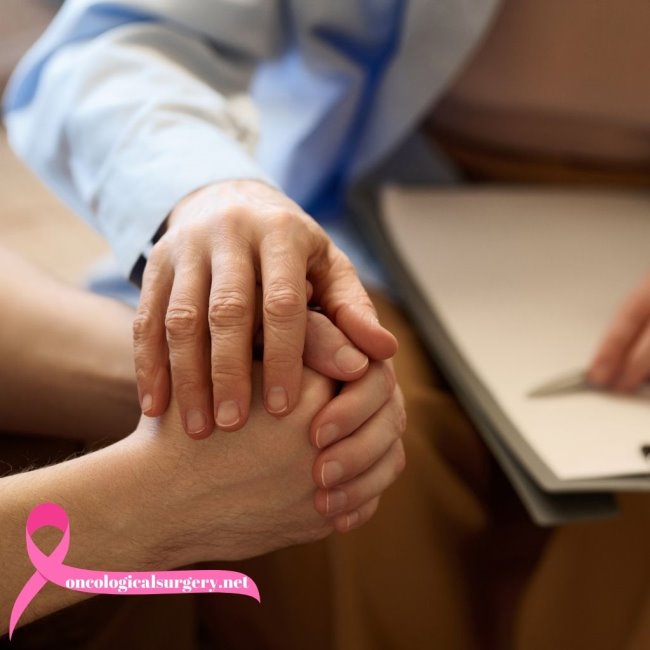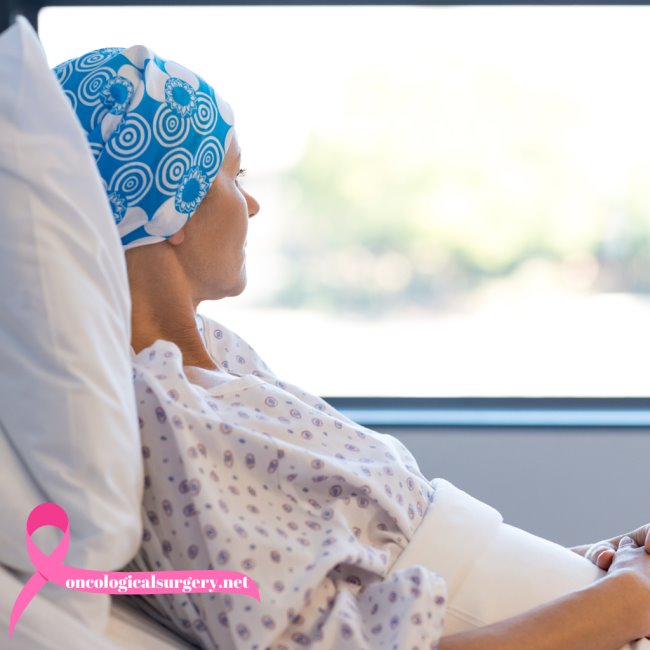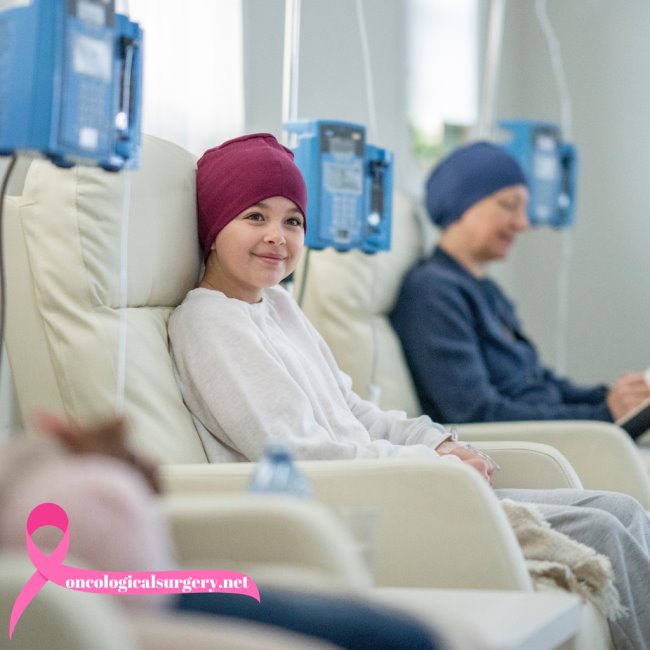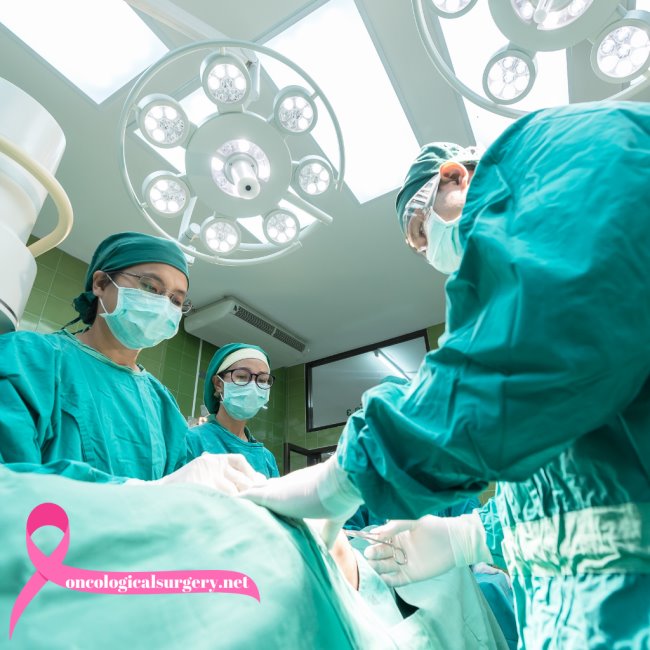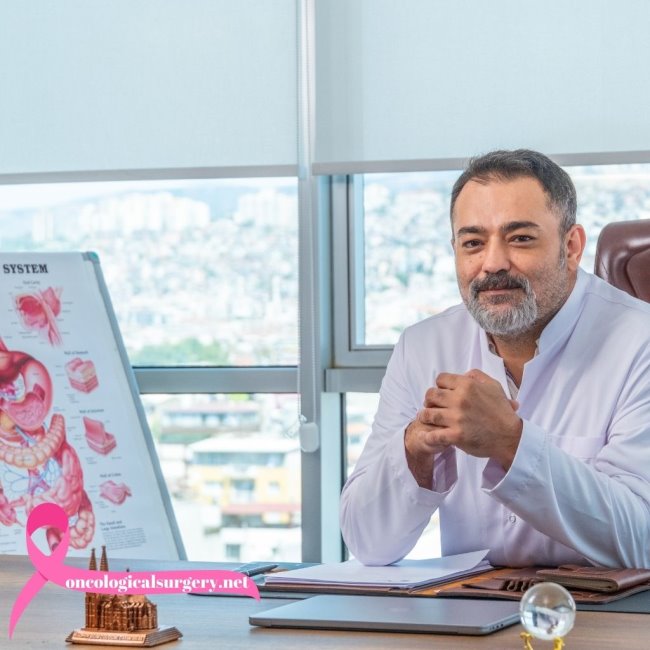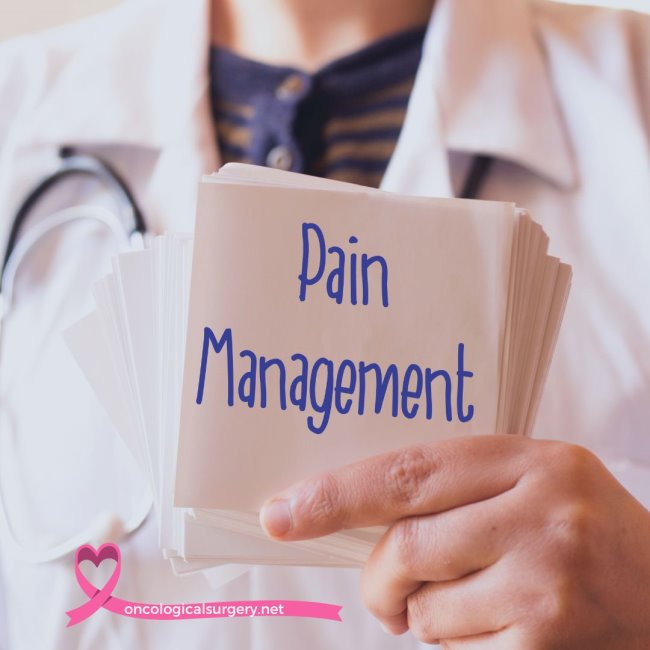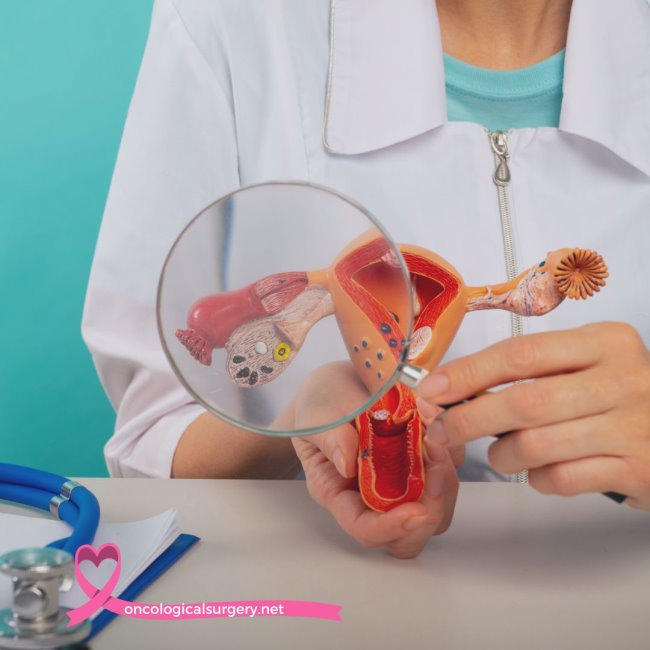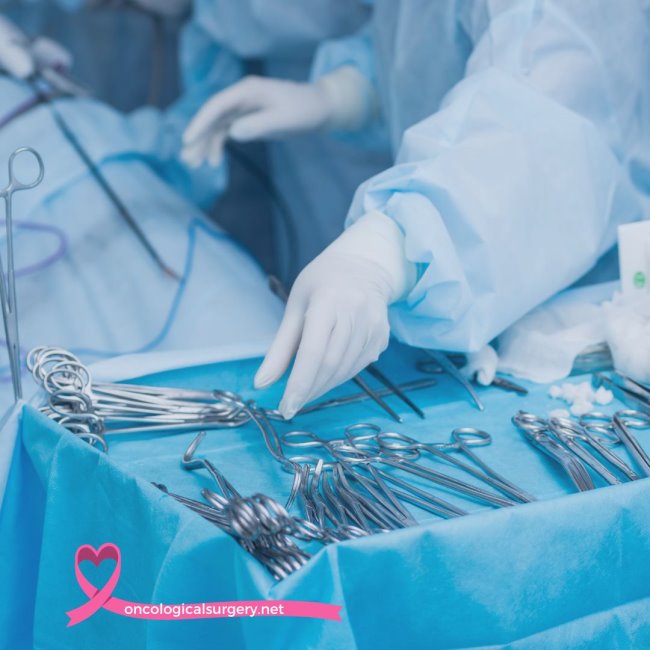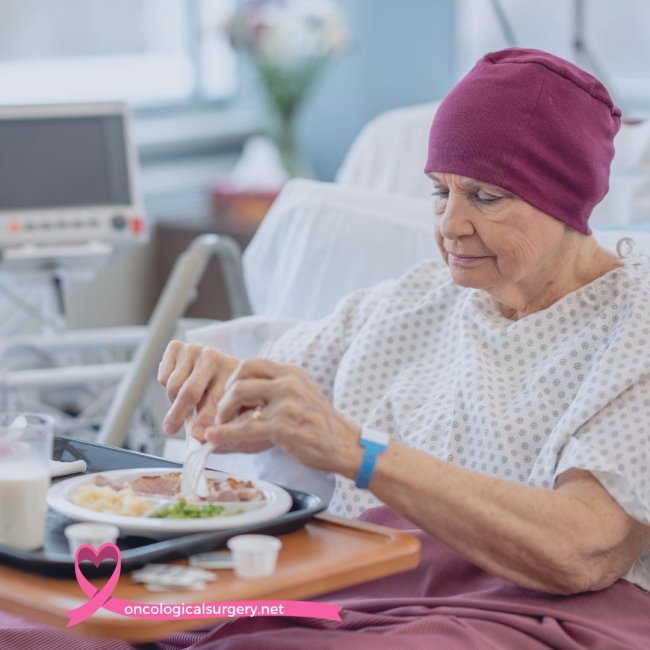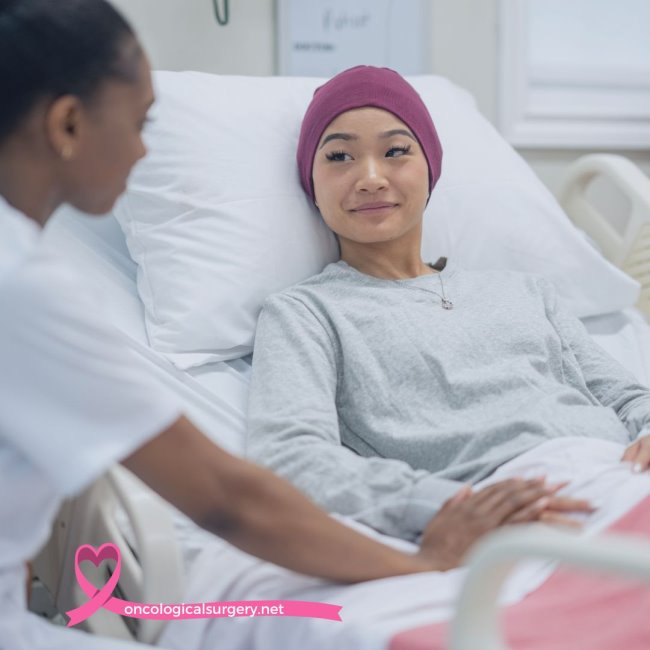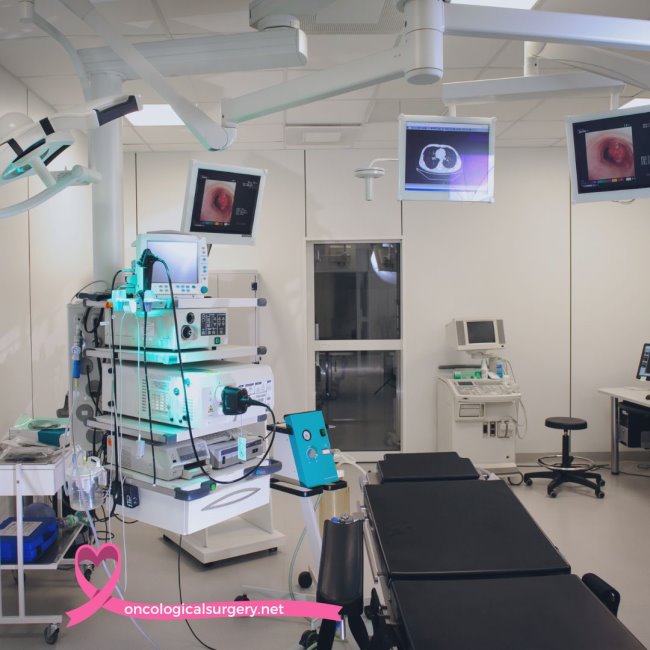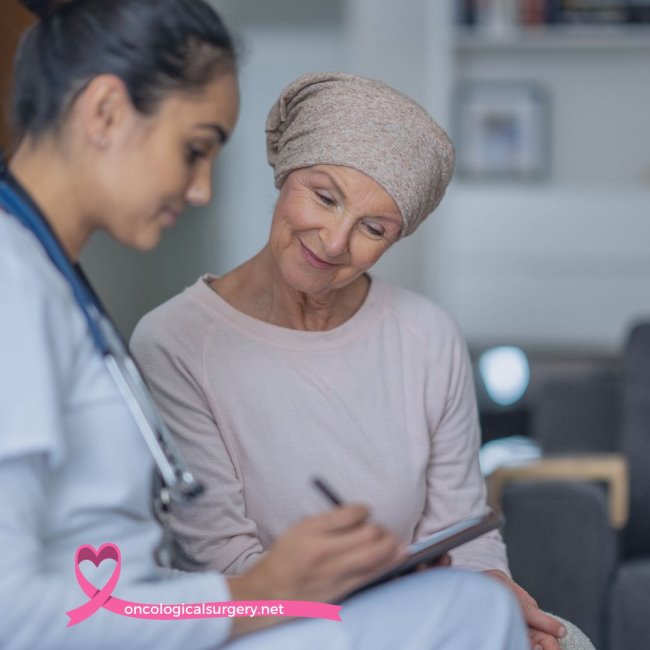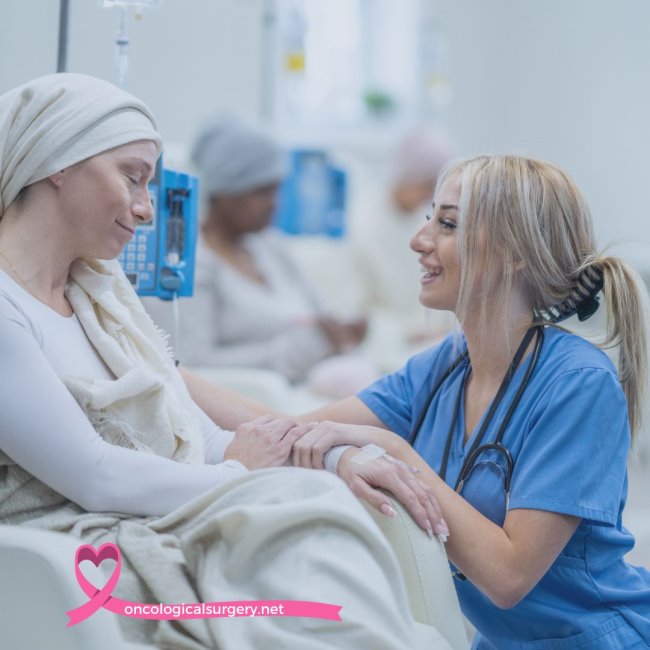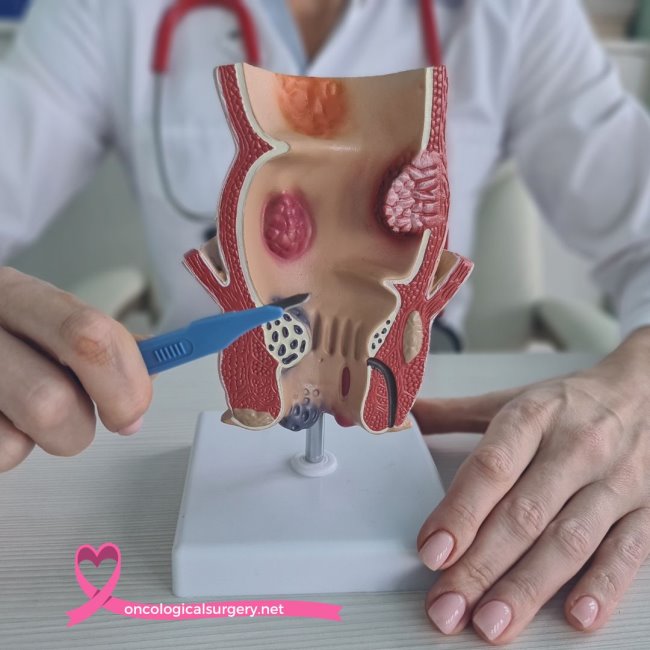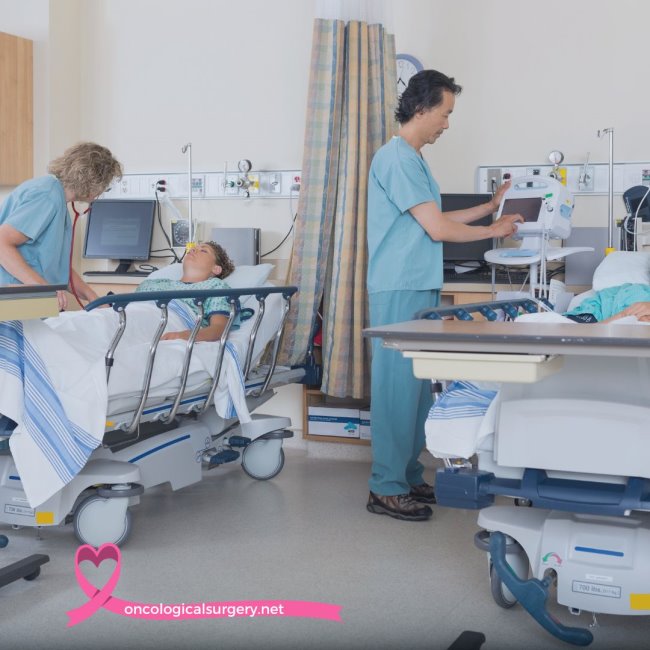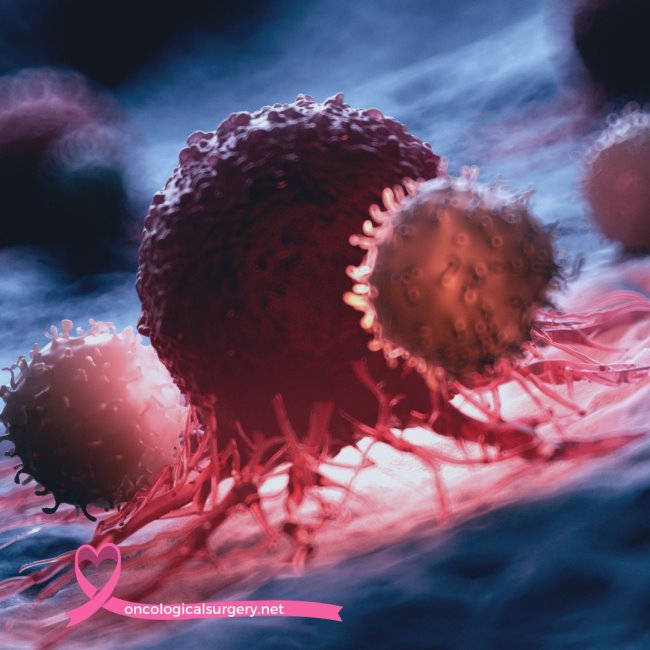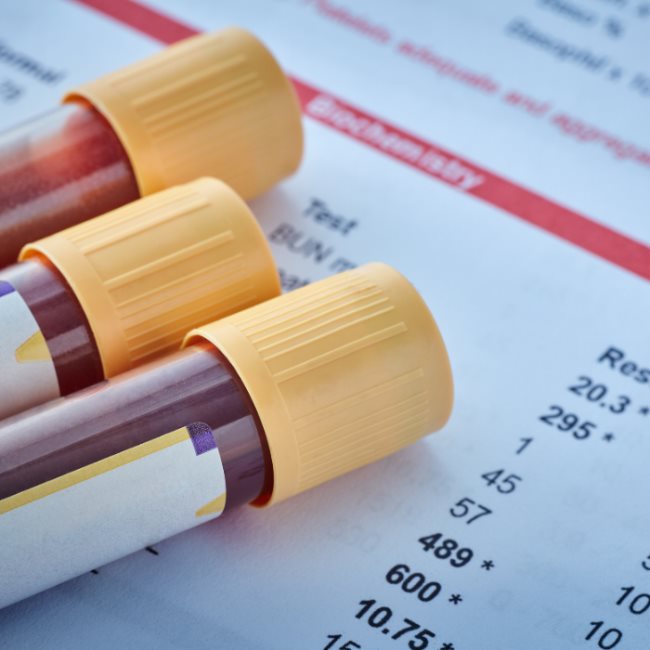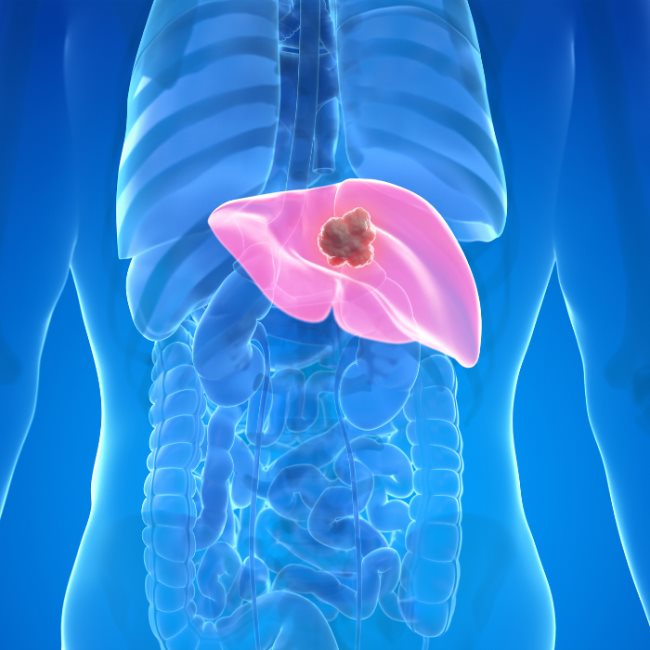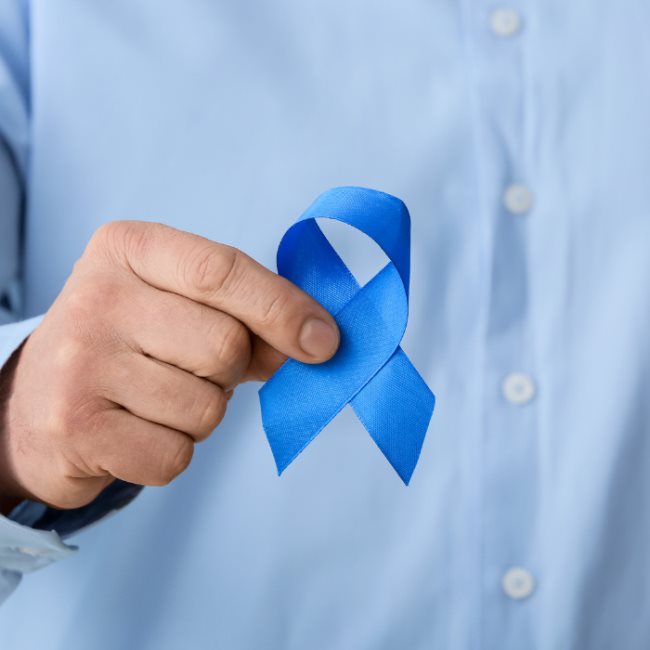
How to Prepare Your Home for Recovery After Cancer Surgery
Recovery from cancer surgery is a huge process, to which one prepares not only physically but also emotionally. Be it oncology surgery for either colon cancer, pancreatic cancer, or even bile duct cancer, a well-prepared home environment does make a big difference in your recovery. A safe, comfortable, and supportive home environment provides an edge in the process of healing and helps minimize stress during this trying time.
The guide below profiles some helpful tips in getting your home prepared for important areas of concern: comfort, safety, and emotional well-being. From rearranging your living space to seeking the assistance of your private oncologist, these are all ways of ensuring this part of your journey through recovery goes as smoothly as possible.
Making Comfortable Changes
Recovery area should be your comfort zone and hub of convenience. Fix some space within your home where you can lie down and rest. It may be your bedroom or some noiseless area inside your living room. It should be near all essential facilities, like bathroom and kitchen, so that unnecessary disturbances are minimized, especially if one has had abdominal surgery.
Stock it with pillows and upholstered furniture that make you comfortable. A recliner or adjustable bed is highly advisable especially if you have just undergone an abdominal or chest surgery. This allows for changing positions with ease with minimum stress to your body while getting in and out of bed. Support with extra cushions and blankets can be added. Place a small table with water, medicines, and your phone near you to avoid having to shift positions often.
Safety First: Removing Hazards
Post-surgery recovery often comes with limited mobility, making it crucial to eliminate potential hazards around the home. Begin by clearing clutter from walkways and securing loose rugs to prevent tripping. If stairs are unavoidable, consider installing handrails or seeking temporary assistance to navigate them safely.
Because the bathroom is usually very slippery near the toilet and shower area, grab bars should be fixed. In addition, a shower chair may help so that taking a bath will not be too tiring. Modifications also involve good lighting of your house; each room should have enough light so as not to fall.
For patients recovering from complex surgeries, such as colon cancer treatment or pancreatic cancer treatment, such cautionary measures are especially important. If possible, consider hiring a caregiver or asking a family member to help with daily tasks for the first few weeks after discharge.
Stocking Up on Essentials
Stock up ahead of time and avoid a million errands pre-surgery. Fill your pantry with groceries, stock up on medications, would care supplies, and any special equipment your physician has ordered for you. That way, you can devote all of your time and energy to recovery.
For example, if this is going to be a recovery after gastric surgery related to stomach cancer treatment, it will make much more sense to prepare light and easily digested meals in advance that won't irritate the digestive system. Ready frozen meals or pre-prepared food may save you on days when energy is too low. On-hand snacks, water, and prescription nutritional supplements will also help to keep the body nourished and hydrated.
Organize your medicines and take correct dosages with the help of a pill organizer. Preserve all instructions for prescriptions in one place to avoid drug confusion. This is because there are multiple treatments one may have, possibly combining the HIPEC treatment with target therapies for colon cancer.
Pain Management and the Promotion of Mobility
Pain management is an important part of the healing process. One can cooperate with the health care provider in obtaining an effective pain management treatment plan; this could include prescription painkillers or over-the-counter medication or other alternative therapy-follow the instructions of the doctors to avoid complications.
These require walkers, crutches, and wheel chairs while recuperating from their thyroid cancer treatment surgery, abdominal surgery, or liver metastasis of colon cancer. Move furniture for wide paths and leave nothing on the floor for tripping hazard. Place items used most often at waist height to avoid bending or stretching.
Gently exercising-light exercises as recommended by your oncologist-will bring some improvement to your blood flow, to avoid complications of any sort, which might include blood clots. Gentle stretches or short walks around the house may support recovery, but listen to your body and never overexert yourself.
Creating a Healing Environment
Your surroundings significantly impact your recovery process. A clean, clutter-free space promotes relaxation and reduces stress. Consider rearranging your room to create an open, inviting layout. Incorporate natural light by keeping windows uncovered during the day. Exposure to sunlight boosts vitamin D levels, which can enhance mood and energy levels.
Other components can be indoor flora that cleans the air and contributes to relaxedness. Most of them, like cacti and peace lilies, require minimal care. If you find music or podcasts comforting, make playlists. You might also use mindfulness tools: an app that guides through meditation or different kinds of mindful breathing as paths toward emotional healing.
Managing Emotional Health
Emotional healing is little different from physical healing. Major surgeries, such as those occurring in pancreatic cancer, can be extremely enervating during a period of recuperation. Keep comfort items with you, such as family pictures, books, or things you like to do.
Cancer surgery recovery is a psychological roller coaster. Frustration, sadness, and anxiety may be felt at times. Understand such emotions, acknowledge them, and find constructive ways to pacify them. A counselor or support group would be one great avenue for perspective and encouragement.
If you’re recovering from a procedure like bile duct cancer treatment, your oncologist can recommend mental health resources tailored to your needs. Friends and family can also offer emotional support. Don’t hesitate to lean on your support network during this challenging time.
Seeking Practical Support
Recovery need not be a solo journey. Let friends or family-or hired caregivers, if necessary-help with cooking and cleaning, even grocery shopping. Let one friend have permission to drive to follow-up appointments or take care of just about everything around the house while one has the freedom to recover.
If your treatment involves complex care, such as colon cancer liver metastasis, hiring a home healthcare professional may be beneficial. They can provide medical assistance, monitor your progress, and ensure that any complications are addressed promptly. Regular communication with your private oncologist is vital to stay informed about your recovery milestones.
Staying Engaged and Motivated
The mind needs to remain active and busy during the recuperation period. At times, one will begin to feel like nothing is happening; hence, some mind-stimulating activities need to be included. It can include reading, painting, knitting, or solving some puzzles as a means of passing time and ensuring a person is achieving something.
Setting daily goals-things such as taking a few more steps or finishing a light chore-can help build your confidence. Recognizing accomplishments no matter how minor they may seem is important to your recovery process.
Preparing for Follow-Up Appointments
Follow-ups after surgery will be important to monitor your recovery. Keep a record of your progress in detail: pain level, medicines taken, and unusual signs and symptoms. This helps the oncologist understand how well one is recovering and makes necessary modifications in the treatment plan.
Follow-up after treatments such as HIPEC treatment involves scans or other therapies. Being organized and being pro-active is the sure-fire way to make sure one gets the best care possible at this postoperative phase.
Conclusion
Recovery after cancer surgery does take some planning, time, and support. A prepared and soothing home environment will help you focus your energy on healing and rebuilding your strength. The following practical steps are to help in the process of recovery after treatment for either colon cancer, pancreatic cancer, or any oncology surgery.
Remember, no two journeys of recovery are the same. Share transparently with your private oncologist, lean on your support network, and take good care of yourself. With good preparation and the right attitude, you can turn your home into a haven of healing and come out even stronger.
